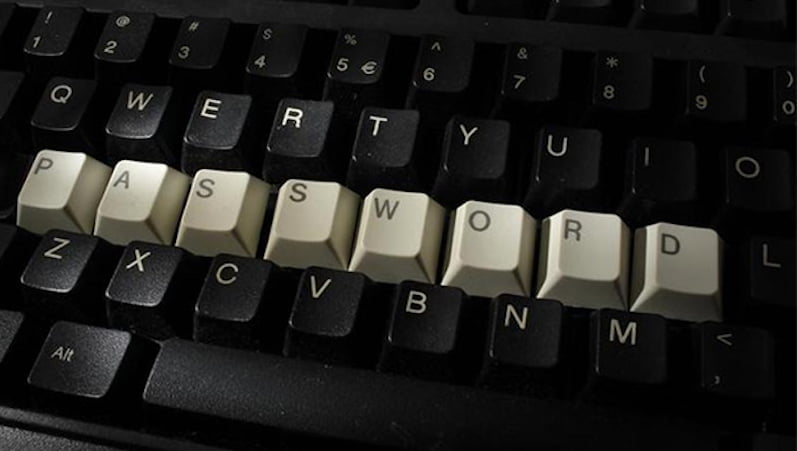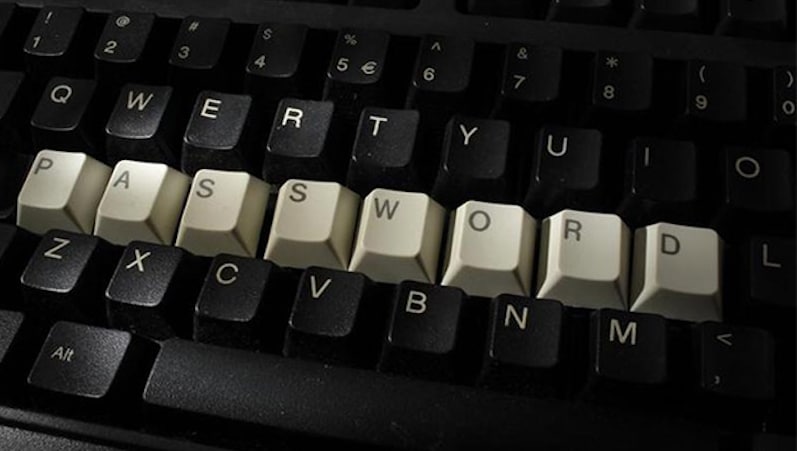

In today’s internet age, having a strong password is an unsaid prerequisite. And yet, people have a tendency to skip the painful process of coming up with a difficult password for one that is as simple as ‘123456’,’password’ or ‘qwerty’. These are but some of the passwords that have been revealed by a recent leak that dumped around 43 million user data information from music streaming platform Last.fm on the internet.
The data, stolen in 2012, show some of the most popular passwords used by Last.fm users. Last.fm’s leak joins the list of a series of high-profile leaks that include websites like Dropbox and LinkedIn. The data stolen from Last.fm contains emails, registration dates and passwords of users. The passwords were decrypted by LeakedSource and the list shows that weak, easy passwords are the popular choice. Here’s the top 10 most popular passwords according to LeakedSource:
- 123456
- password
- lastfm
- 123456789
- qwerty
- abc123
- abcdefg
- 12345
- 1234
- music
(Also see: There’s a New Way to Make Strong Passwords, and It’s Way Easier)
The list is quite shocking given how people store most of their personal information on the internet. The leak not only tells us that cybercrime is on a rampage, but that there is a need to inform users on the importance of keeping a strong password to protect their information.
Last.fm had around 49 million users at the time of the hack. While the list may seem funny to many, it is however a reality that needs to be addressed. Even though a website like Last.fm isn’t among those that store sensitive user information, there is a tendency among users to reuse the same passwords for other sites. And this in turn leaves all those site vulnerable to hackers. After all, if Facebook’s own CEO Mark Zuckerberg can be hacked then so can anyone.
(Also see: Opera Sync Servers Breached; Synced Passwords May Have Been Compromised)
It is advisable to those who prefer keeping simple, easy-to-remember passwords to change them regularly and not use the same for multiple sites. While you’re at it, deleting accounts that are no longer in use is a good way to prevent your past to from catching up to you. Yet, the best way to stay safe is to put in some time and effort to come up with a long, difficult password. For the internet is dark and full of terrors.
[source :-gadgets.ndtv]
